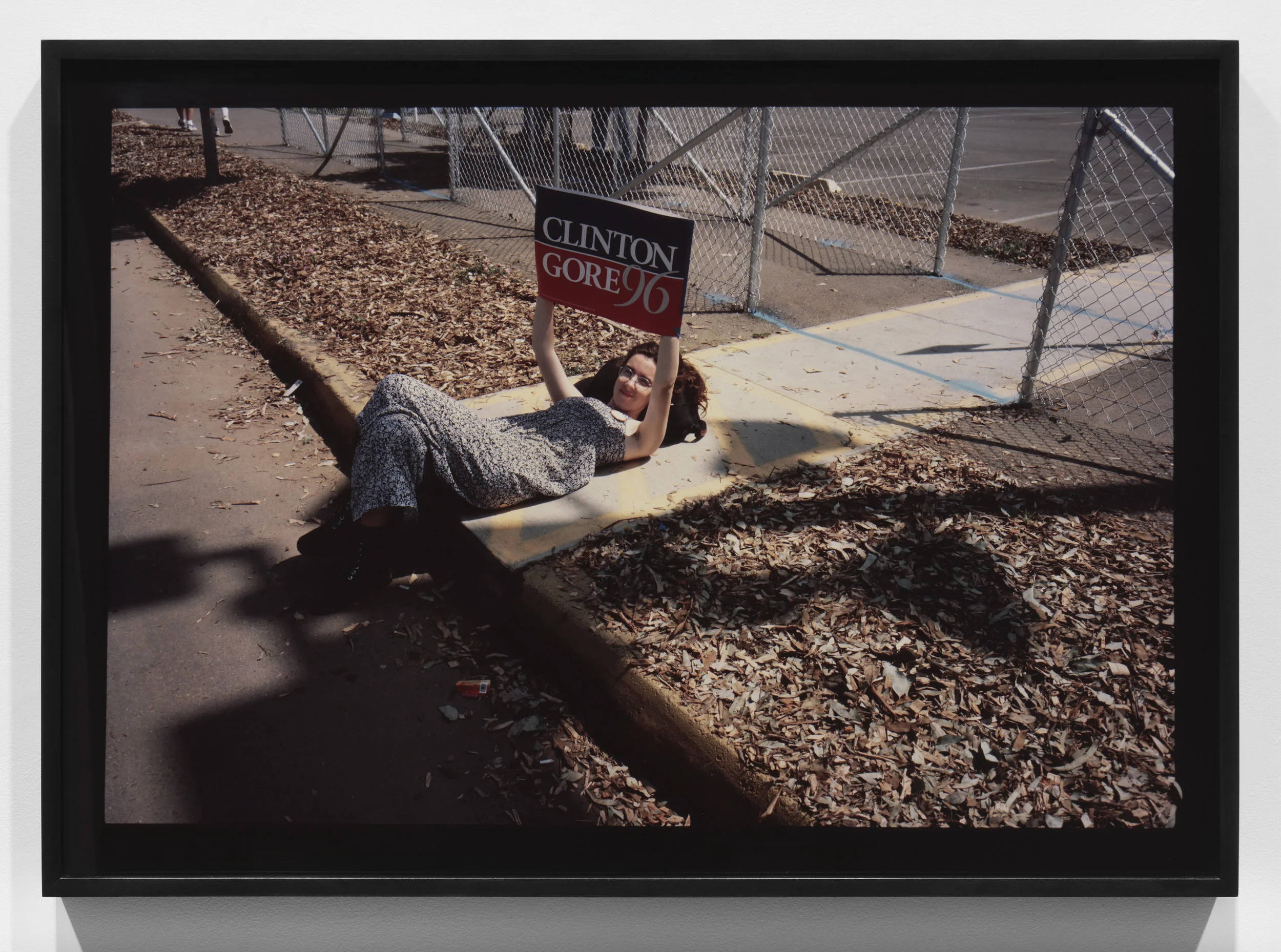Fish Story | Allan Sekula
Allan Sekula, Chapter Seven: "Dictatorship of the Seven Seas" from Fish Story (#104) 1988-1995. Walker Art Center. Courtesy the artist.
Text: Michael Galati
The ocean has long been an object of artistic representation and political debate. Our perceptions of the nature of the ocean and how it should be apportioned among countries have been conditioned by such representations and debate. These attitudes have more or less gone unquestioned in public space in the past twenty years. However, the revitalization of Allan Sekula’s Fish Story at The Walker Art Center in Minneapolis invites us to reexamine our preconceptions of the ocean in the context of globalized capitalism. Walker's presentation of Fish Story, on view from August 24th, 2023 to January 1st, 2024, marks the first time that the work will be presented in the U.S. in its entirety since its institutional debut tour in 1999. The nine-chapter image- and essay-based research project investigates the political, social and environmental impact of the globalized maritime shipping industry and challenges the viewer to reconsider their relationship with the ocean.
Allan Sekula, Chapter One: "Fish Story" from Fish Story (#08) 1988-1995. Walker Art Center. Courtesy the artist.
Considering that often in photographs of the sea, such as in Richard Misrach’s images, the expanse of the sea in Sekula’s figuration, is meant to exceed the limits of the frame. The camera, a stand-in for the eye, cannot enclose the infinitude of the ocean just as much as the individual cannot conceptualize it. In the above picture, the dominance of the Exxon ship points to the move by governments and corporations to obtain parts of the sea for economic exploitation. Here, Sekula establishes the tension between the natural omnipotence of the ocean and the constructed power of the productive forces of economy and government. As such, the content and form of Sekula’s images challenge the viewer to not only consider how the limits of a framed image figure the sea in our minds, but also how global capitalism has divided, combined and neglected parts of the ocean along national and economic lines.
Allan Sekula, Chapter Three: "Middle Passage" from Fish Story (#39) 1988-1995. Walker Art Center. Courtesy the artist.
To further frame his investigation, Sekula studies institutional attitudes towards water by focusing his camera on individual experiences. In doing so, Sekula resurrects the oft silenced stories that sailors have pieced together, having transported the world’s cargo occasionally to ostensibly counterintuitive places. In many ways, then, sailors, the ones who do the work of exchange, are privy to information that institutional powers would rather keep locked with the cargo. In a similar way that Sekula’s images convey the attempt of governments and corporations, often in cooperation, to contain the vastness of nature in a systemized, transactional process of exchange, the images also draw attention to what at first feels like the invisible hand of an abstracted, far-away government. However, once the clandestine cargo and traces of where it’s been touch human hands, humans who are supposed to be jettisoned out at sea, is revealed, those abstracted forces are made immediately present and pointed. In the global shipping industry, then, the ocean is not the only factor essential to the operation that is tyrannized.
Allan Sekula, Chapter Three: "Middle Passage" from Fish Story (#28) 1988-1995. Walker Art Center. Courtesy the artist.
Subtly, the form of Sekula’s quest resembles but ultimately opposes the very ordering of nature and human life by capitalistic and governmental forces that the exhibition critiques. Sekula argues against romantic notions of the sea that paint it as sublime and almost divine, against modernist usurpations of the nature of the sea that turn it into a means of capitalistic order, systemization and economic extraction and against surrealist manipulations of the sea that figure it as an abstract, immense, incomprehensible entity. He opposes the anachronistic ordering of figurations of the sea that these artistic movements use to support their views of the sea. At first read, Sekula’s ordering of history and narrative in Fish Story may appear adverse to his project. But the exhibition’s goal is not solely an artistic one: it is not just an aesthetic argument on how to regard the ocean. Rather, the exhibition uses realism to make a political argument that capitalistic systemization and governmental control of human life is destructive and destabilizing. The order of the exhibition into linear chapters is not, therefore, anachronism or manipulation of how to regard nature, but is an attempt to reorient the viewer’s perspective to see the effects of such manipulation on human and natural life.
Allan Sekula, Chapter Six: "True Cross" from Fish Story (#87) 1988-1995. Walker Art Center. Courtesy the artist
The exhibition is successful in its highly academic investigation: the historical and political exposition sets up the tension between the labor and class well, which leads into the revelation of the perils of the maritime passages and the interrogation of governmental and economic forces at play and insightfully concludes by way of returning to the question of the relationship between the figure of the ship, the expanse of the ocean and the economic desire to enclose it. It is a portent that no matter how much institutions order, or force nature and its immensity into a manufactured, mechanized system, it will not hold. Gravity is an unrelenting force, and the ocean has a life, an order, of its own.












